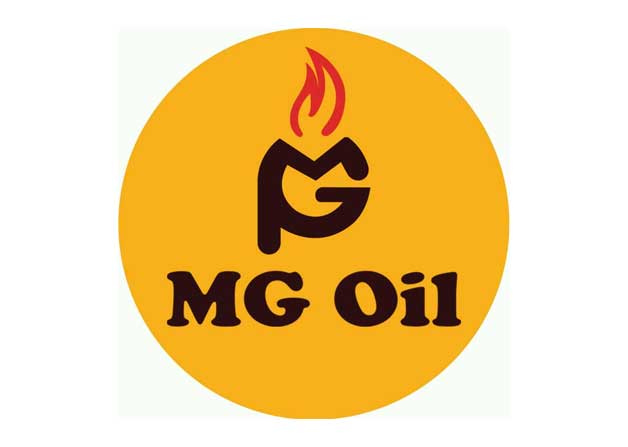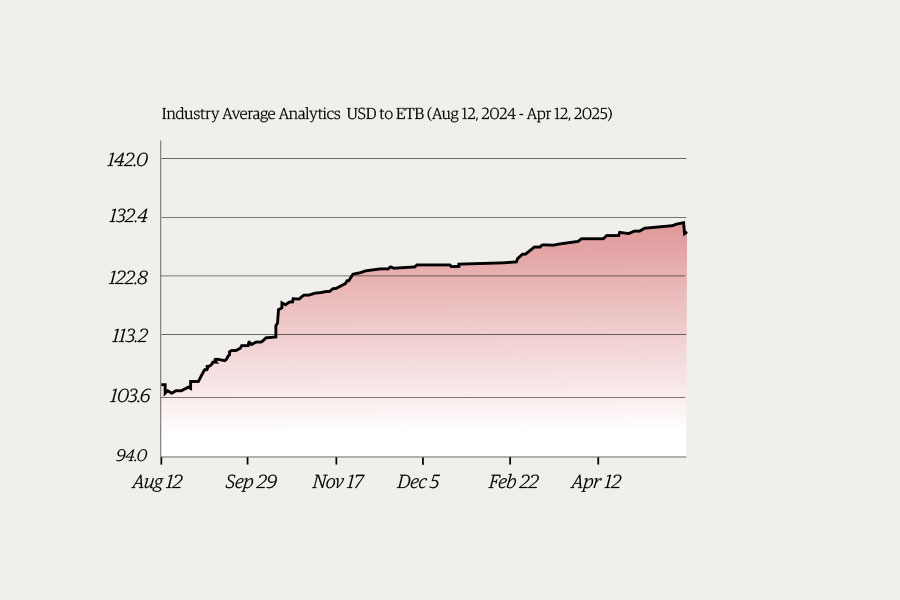
Louis Pasteur, a 19th Century French chemist, first discovered that certain bacteria caused rapid "artificial" fermentation of wine. Fermentation would have been prevented had the wine been exposed to high temperatures, leading to the Pasteurisation method - heating and rapid cooling.
Seemingly, Pasteur was a mediocre chemistry student, though he reportedly made many brilliant discoveries in his field. This hard worker proved that the spontaneous generation theory of disease was a myth, his most revolutionary scientific contribution.
Startling. The discovery of the germ-free pasteurised milk we drink in safety today derived from experiments with the French's traditional beverage - wine.
"I would feel that I had been stealing if I were to spend a single day without working," he would say.
I shared this thought on a fine Saturday morning with a longtime friend in the same profession as I am. An hour of vibrant discussion with sips of our sour coffee followed as we pondered through our self-righteousness with routine mastery in school or work. Our coffee date ended with practical takeaways shifting my thoughts to another anecdote - James Duff.
Duff is reportedly a professional mourner who ended up being the Scottish nickname for a mourner at a funeral. This unusual character attended many funerals in the mid-19th Century because "he enjoyed the ride in the mourning coach."
Our topic immediately shifted as we used the conversation as a springboard to look for meaning in our professional lives. These memoirs consistently shape our attitude about going to school and being overwhelmed by the routine work that shaped our mindset. In the end, everything is not only permanent, but the future will also be a perfect imitation of the past that can permanently be left on reference books.
It was hard to think about what could have happened had Louis Pasteur succumbed to such thoughts and endlessly acted 'James Duff' with the spontaneous generation theory of disease. That must have been what he was told at school.
We then agreed on the need for dialogue-intensive professional associations, multiplying the concerns we raised here to ensure that respective professions are worth attending in school. They should be aligned with the age of information technology and remain relevant, with views that members support.
True, what good is a profession and school that does not carry humanity beyond all its challenges, whittling down its professionals just like the latest edition books that say in 10-sentence what others say in a book?
It is said that 20pc of the management theories yield 80pc results. These succeed only when thousands of professionals drive such a change. Not just a few but a handful of top executives and external consultants. Top ideas set directions, and professionals take pains to ensure all understand their logic. Thus, a rapid and coordinated change ensues.
Our ancestors had no idea of the World Wide Web, the luxury of a system of Internet servers that support formatted documents, allowing users to click from one record to another, yet one of them brought its idea. Then, the internet expanded in the 1990s and significantly impacted "popular culture with an entirely new frame of reference," setting a new standard for professionals.
PUBLISHED ON
Nov 05,2022 [ VOL
23 , NO
1175]


My Opinion | Feb 04,2023

Viewpoints | May 08,2021

Fortune News | Apr 20,2019

Radar | Jan 09,2021

Radar | Dec 10,2022

Commentaries | Aug 10,2019

Fortune News | Jan 23,2021

Money Market Watch | May 31,2025

Fortune News | May 13,2023

Commentaries | Sep 10,2021

Dec 22 , 2024 . By TIZITA SHEWAFERAW
Charged with transforming colossal state-owned enterprises into modern and competitiv...

Aug 18 , 2024 . By AKSAH ITALO
Although predictable Yonas Zerihun's job in the ride-hailing service is not immune to...

Jul 28 , 2024 . By TIZITA SHEWAFERAW
Unhabitual, perhaps too many, Samuel Gebreyohannes, 38, used to occasionally enjoy a couple of beers at breakfast. However, he recently swit...

Jul 13 , 2024 . By AKSAH ITALO
Investors who rely on tractors, trucks, and field vehicles for commuting, transporting commodities, and f...

Jun 28 , 2025
Meseret Damtie, the assertive auditor general, has never been shy about naming names...

Jun 21 , 2025
A well-worn adage says, “Budget is not destiny, but it is direction.” Examining t...

Jun 14 , 2025
Yet again, the Horn of Africa is bracing for trouble. A region already frayed by wars...

Jun 7 , 2025
Few promises shine brighter in Addis Abeba than the pledge of a roof for every family...